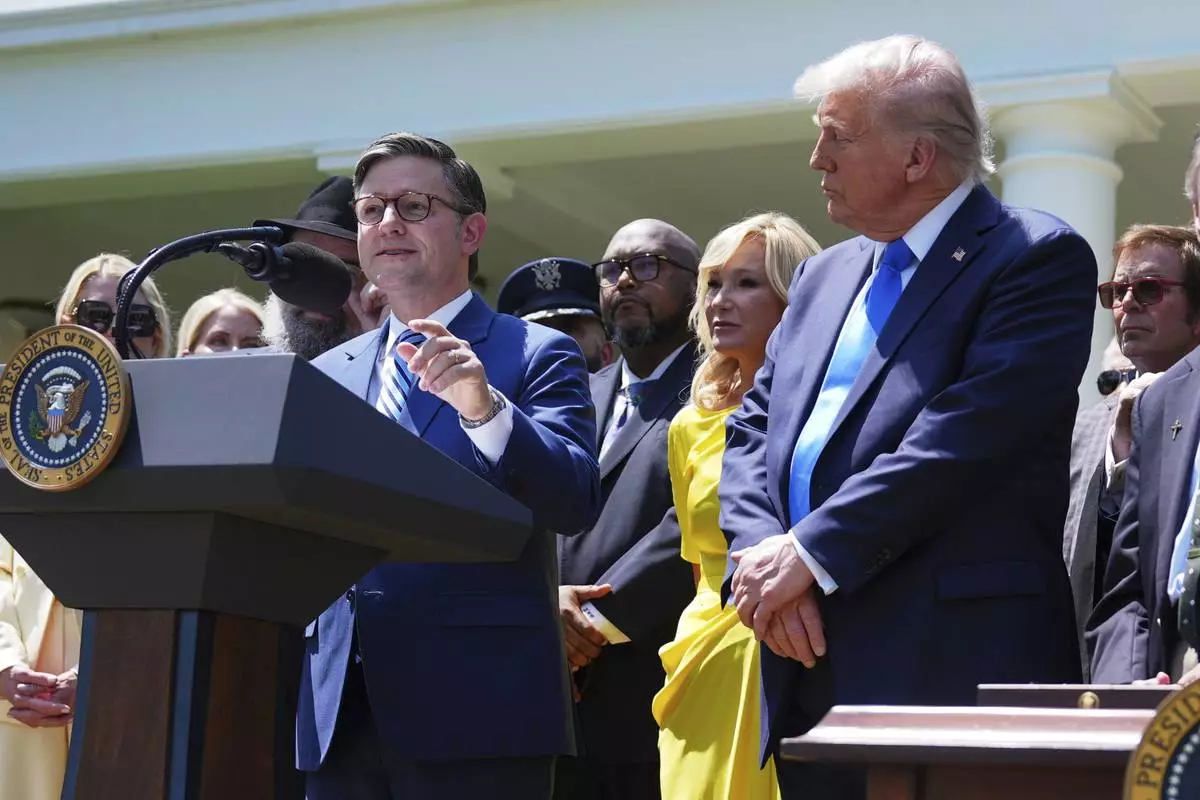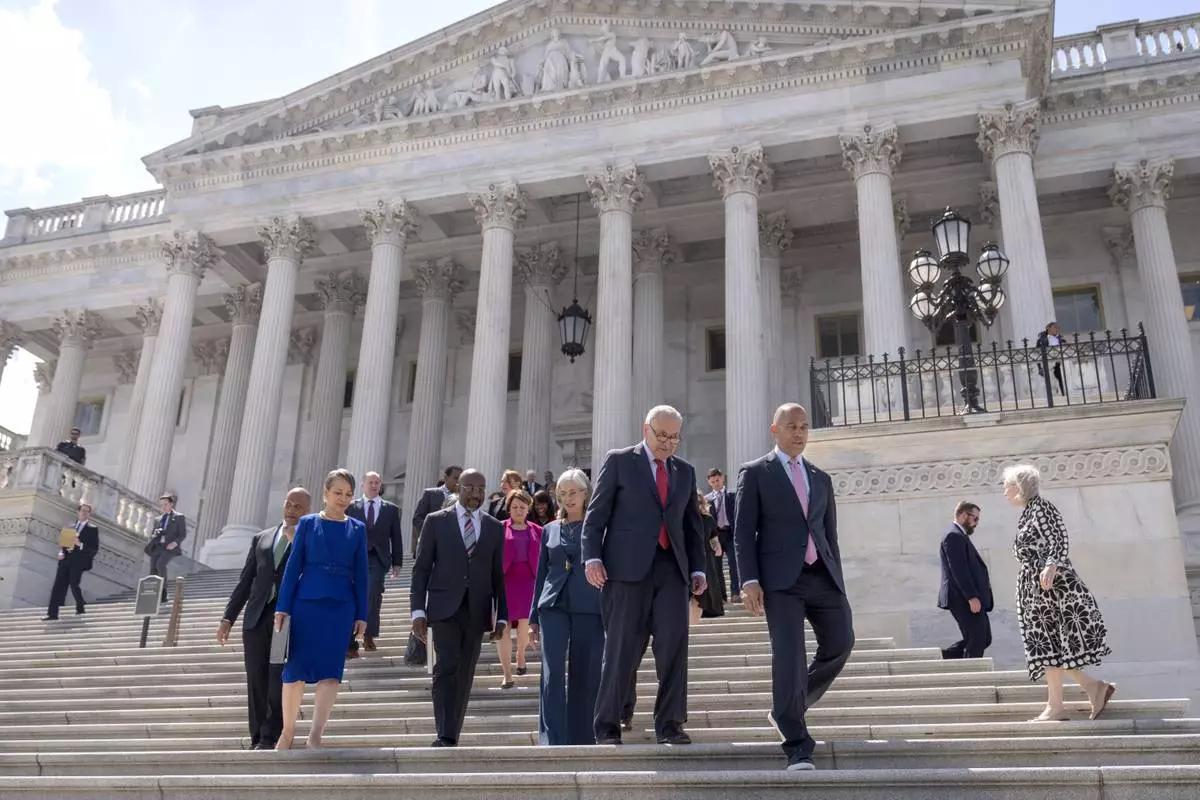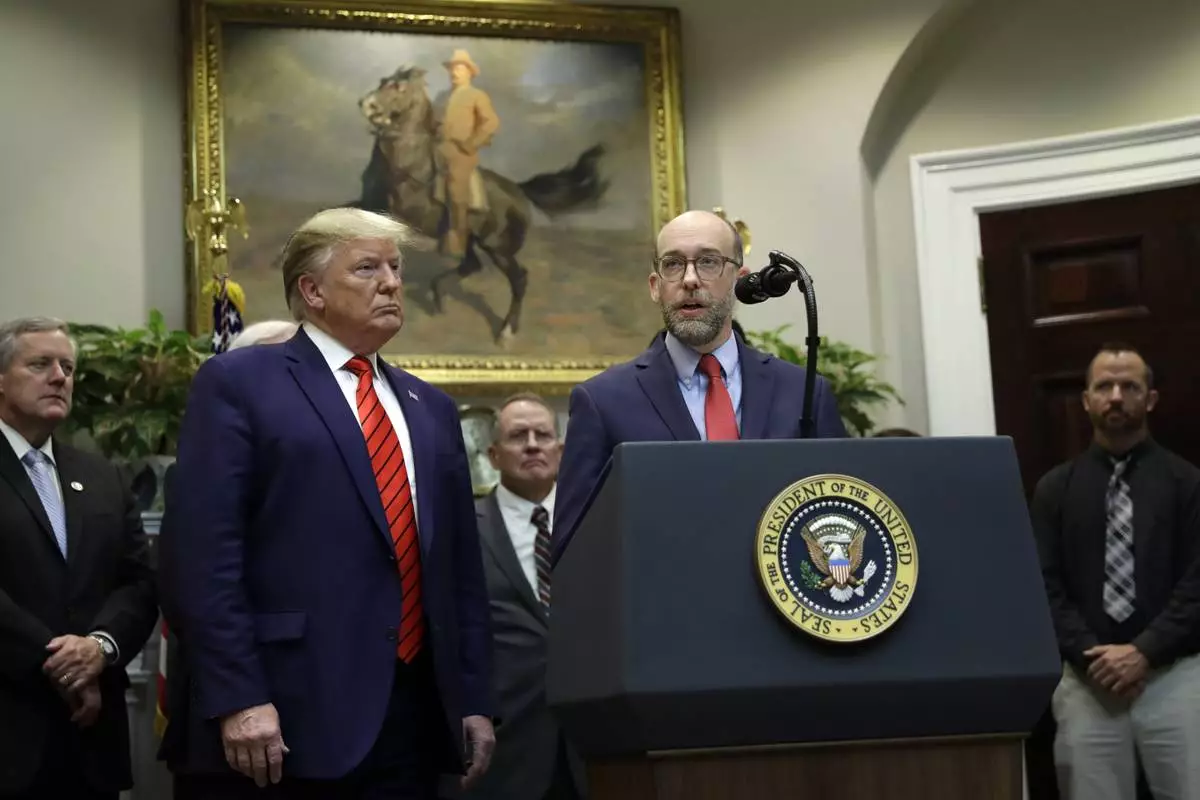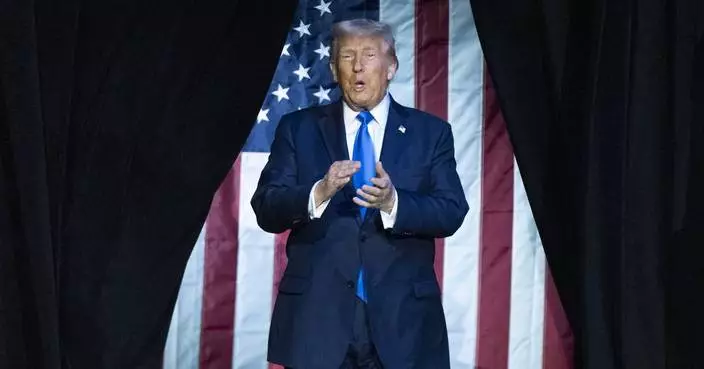COLLEGE PARK, Md.--(BUSINESS WIRE)--Apr 10, 2025--
IonQ (NYSE: IONQ), a leader in the quantum computing and networking industries, will commemorate World Quantum Day on April 14 with international events in Japan and South Korea and an event at the New York Stock Exchange (NYSE), recognizing a year of the company’s significant technological milestones and business growth.
This press release features multimedia. View the full release here: https://www.businesswire.com/news/home/20250410758890/en/
World Quantum Day is an annual global celebration that promotes awareness and recognition of quantum sciences. Now in its fourth year, this observance brings together researchers, educators and industry innovators to spotlight the growing impact of quantum technologies on society.
Celebrating World Quantum Day Globally
On April 14, IonQ CEO, Niccolo de Masi, will ring the closing bell at the NYSE in New York City, bringing together IonQ application scientists, company customers, partners and collaborators to highlight quantum’s acceleration across key industries.
Simultaneously, IonQ Executive Chairman, Peter Chapman, will lead a delegation in Japan and will continue on to South Korea later in the week. Both visits serve to underscore IonQ’s growing presence in Asia, and reinforce the company’s commitment to advancing quantum computing globally.
A Year of Quantum Milestones
“As we observe World Quantum Day, we’re excited about the growth of our quantum computing and networking business and the number of applications we are working on that showcase superior results when combining our quantum computers with classical high performance computing,” said Niccolo de Masi, President and CEO, IonQ. “Over the past year, we exceeded the high end of our bookings guidance range and grew our global presence with the delivery of IonQ Forte Enterprise in Switzerland and through new partnerships around the world. These efforts are pushing the boundaries of what's possible and paving the way for new quantum applications that solve real-world problems.”
IonQ’s notable achievements over the past year reflect continued progress against its technical roadmap and strategic business goals, including:
These developments reinforce IonQ's leadership in enterprise-grade quantum systems for real-world applications.
To learn more about IonQ’s latest innovations, visit www.ionq.com.
About IonQ
IonQ, Inc. is a leader in the quantum computing and networking industries, delivering high-performance systems aimed at solving the world’s largest and most complex commercial and research use cases. IonQ’s current generation quantum computers, IonQ Forte and IonQ Forte Enterprise, are the latest in a line of cutting-edge systems, boasting 36 algorithmic qubits. The company’s innovative technology and rapid growth were recognized in Newsweek’s 2025 Excellence Index 1000, Forbes’ 2025 Most Successful Mid-Cap Companies list, and Built In’s 2025 100 Best Midsize Places to Work in Washington DC and Seattle, respectively. Available through all major cloud providers, IonQ is making quantum computing more accessible and impactful than ever before. Learn more at IonQ.com.
IonQ Forward-Looking Statements
This press release contains certain forward-looking statements within the meaning of Section 27A of the Securities Act of 1933, as amended, and Section 21E of the Securities Exchange Act of 1934, as amended. Some of the forward-looking statements can be identified by the use of forward-looking words. Statements that are not historical in nature, including the words “accessible,” “acceleration,” “advancing,” “aimed,” “available,” “breakthrough,” “cutting-edge,” “delivering,” “expected,” “grow,” “growing,” “growth,” “increase,” “innovative,” “intention,” “impactful,” “latest,” “leader,” “making,” “paving,” “pushing,” “solve,” “solving,” “superior,” and other similar expressions are intended to identify forward-looking statements. These statements include those related to the IonQ’s quantum computing capabilities and plans; IonQ’s technology driving commercial quantum advantage or delivering scalable, fault-tolerant quantum computing in the future; the future impacts of IonQ’s offerings available today; and the scalability, fidelity, efficiency, viability, accessibility, relevance, effectiveness, importance, reliability, performance, speed, impact, practicality, feasibility, and commercial-readiness of IonQ’s offerings. Forward-looking statements are predictions, projections, and other statements about future events that are based on current expectations and assumptions and, as a result, are subject to risks and uncertainties. Many factors could cause actual future events to differ materially from the forward-looking statements in this press release, including but not limited to: IonQ’s ability to implement its technical roadmap; changes in the competitive industries in which IonQ operates, including development of competing technologies; IonQ’s ability to deliver, and customers’ ability to generate, value from IonQ’s offerings; IonQ’s ability to deliver higher speed fidelity gates with fewer errors, enhance information transfer and network accuracy, or reduce noise and errors; IonQ’s ability to sell effectively to government entities and large enterprises; changes in laws and regulations affecting IonQ’s and its suppliers’ businesses; IonQ’s ability to implement its business plans, forecasts, roadmaps and other expectations, to identify and realize partnerships and opportunities, and to engage new and existing customers around the world; IonQ’s ability to effectively enter new markets; IonQ’s ability to deliver services and products within currently anticipated timelines; IonQ’s inability to effectively integrate its acquisitions of Qubitekk, Inc. assets and close its acquisition of a majority interest in ID Quantique, SA; IonQ’s customers deciding or declining to extend contracts into new phases; the inability of IonQ’s suppliers to deliver components that meet expectations timely; changes in U.S. government spending or policy that may affect IonQ’s customers; and risks associated with U.S. government sales, including availability of funding and provisions that allow the government to unilaterally terminate or modify contracts for convenience; changes in laws and regulations affecting IonQ’s patents; and IonQ’s ability to maintain or obtain patent protection for its products and technology, including with sufficient breadth to provide a competitive advantage. You should carefully consider the foregoing factors and the other risks and uncertainties disclosed in the Company’s filings, including but not limited to those described in the “Risk Factors” section of IonQ's filings with the U.S. Securities and Exchange Commission, including but not limited to the Company's most recent Annual Report on Form 10-K and reports on Form 10-Q. These filings identify and address other important risks and uncertainties that could cause actual events and results to differ materially from those contained in the forward-looking statements. Forward-looking statements speak only as of the date they are made. Readers are cautioned not to put undue reliance on forward-looking statements, and IonQ assumes no obligation and does not intend to update or revise these forward-looking statements, whether as a result of new information, future events, or otherwise. IonQ does not give any assurance that it will achieve its expectations. IonQ may or may not choose to practice or otherwise use the inventions described in the issued patents in the future.


IonQ leaders and partners ring bell in observance of World Quantum Day 2024





















































